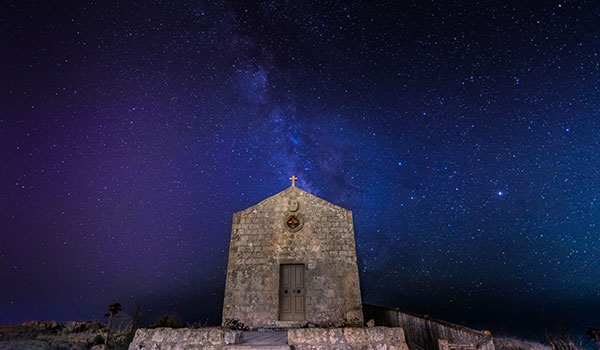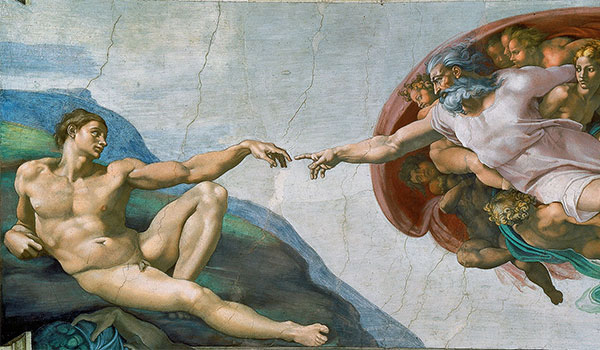“It’s not who’s going to let me; it’s who’s going to stop me.”
“It’s better to beg forgiveness than to ask permission.”
Dear Men of the Church:
I’m finished asking permission and I won’t beg for forgiveness. I don’t need your authorization to be who God created me to be.
Many of the positive male responses to the Twitter hashtag #ThingsOnlyChristianWomenHear have been along the lines of granting permission, of allowing women to serve in roles outside the church kitchen and nursery. While I do appreciate your support, this assumes that male church leaders have the authority and that women require their assent. The arrogance of this astounds me. Instead of using patriarchal terms like “allowing” and “letting,” why don’t we make room for and create environments in which all of God’s children can flourish?
Stop saying it’s time to “let” women walk in their God-given gifts or that women should be “allowed” to serve in church leadership roles. This assumes that someone else (almost always a male) is in control of our purposes in life, that someone else dictates the calling of God on our lives. Do we “let” a man be the lead pastor? Do we “allow” a male to serve as an elder? No, those are assumed roles for men. For women to ask permission is beneath us all—men and women alike.
It’s not only women who suffer under this misogynistic view, men do as well. What about the man who wants to serve in kids ministry? How about the man who is a fantastic cook? Both the man who… [Read more…] about Your Permission Is Not Required









